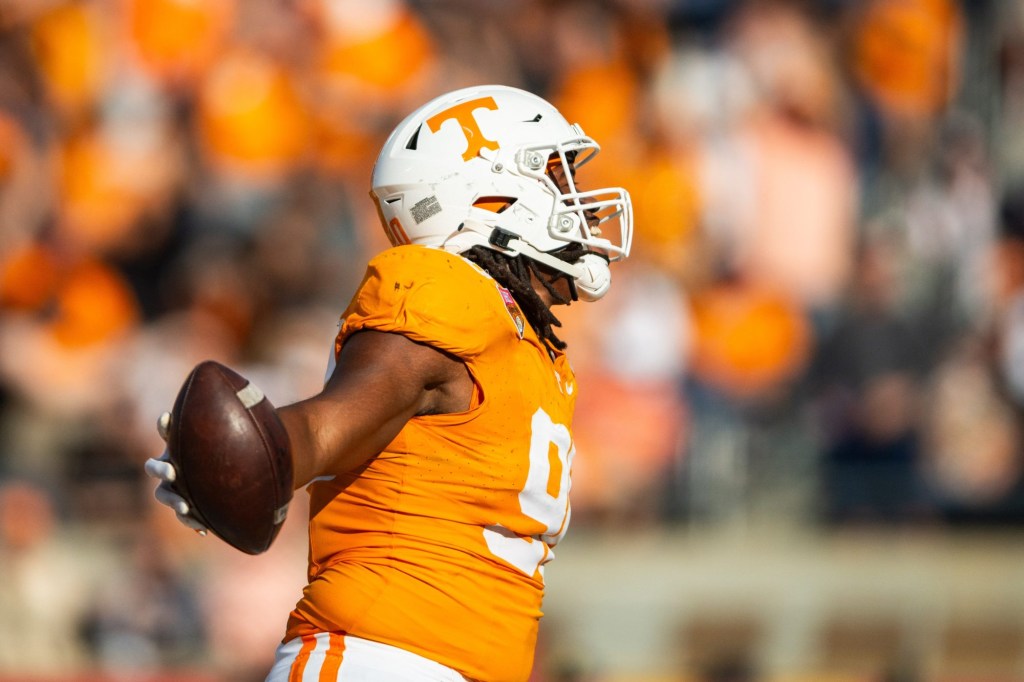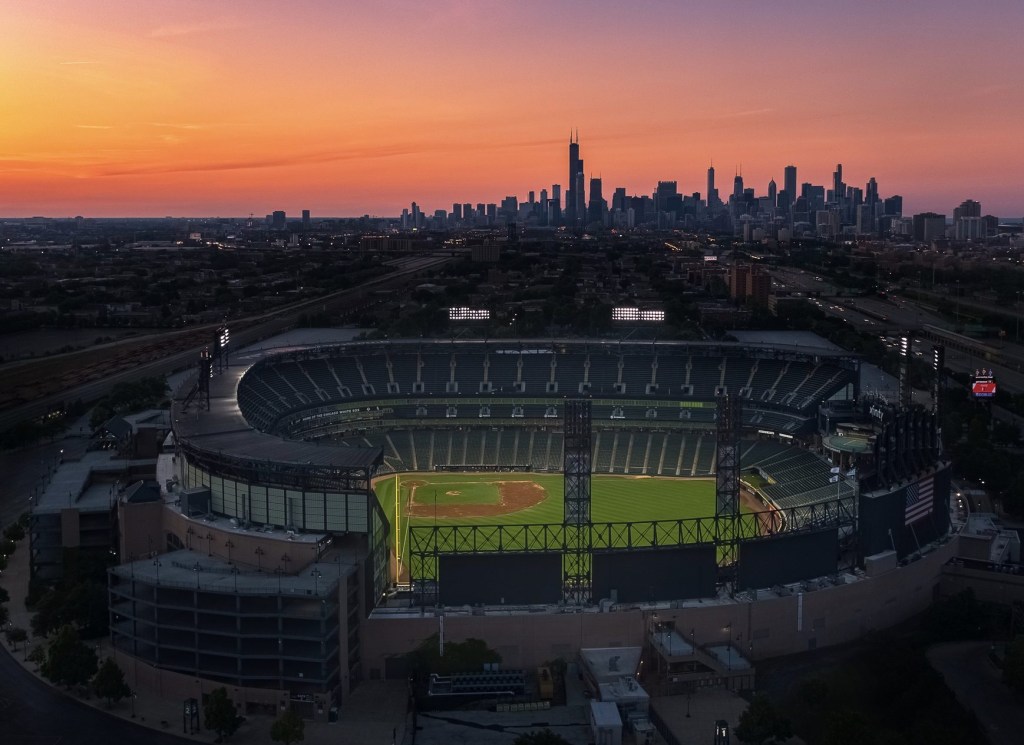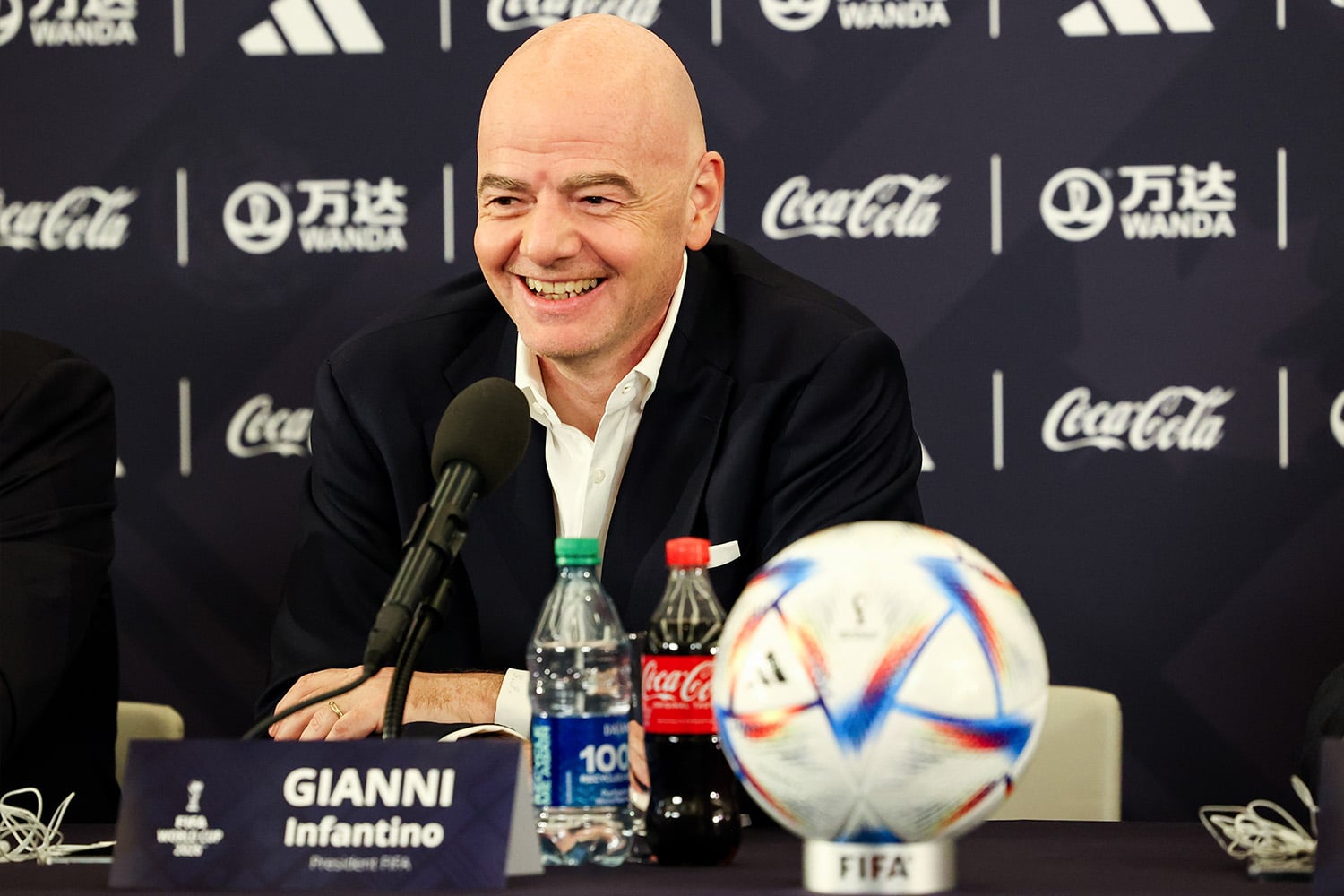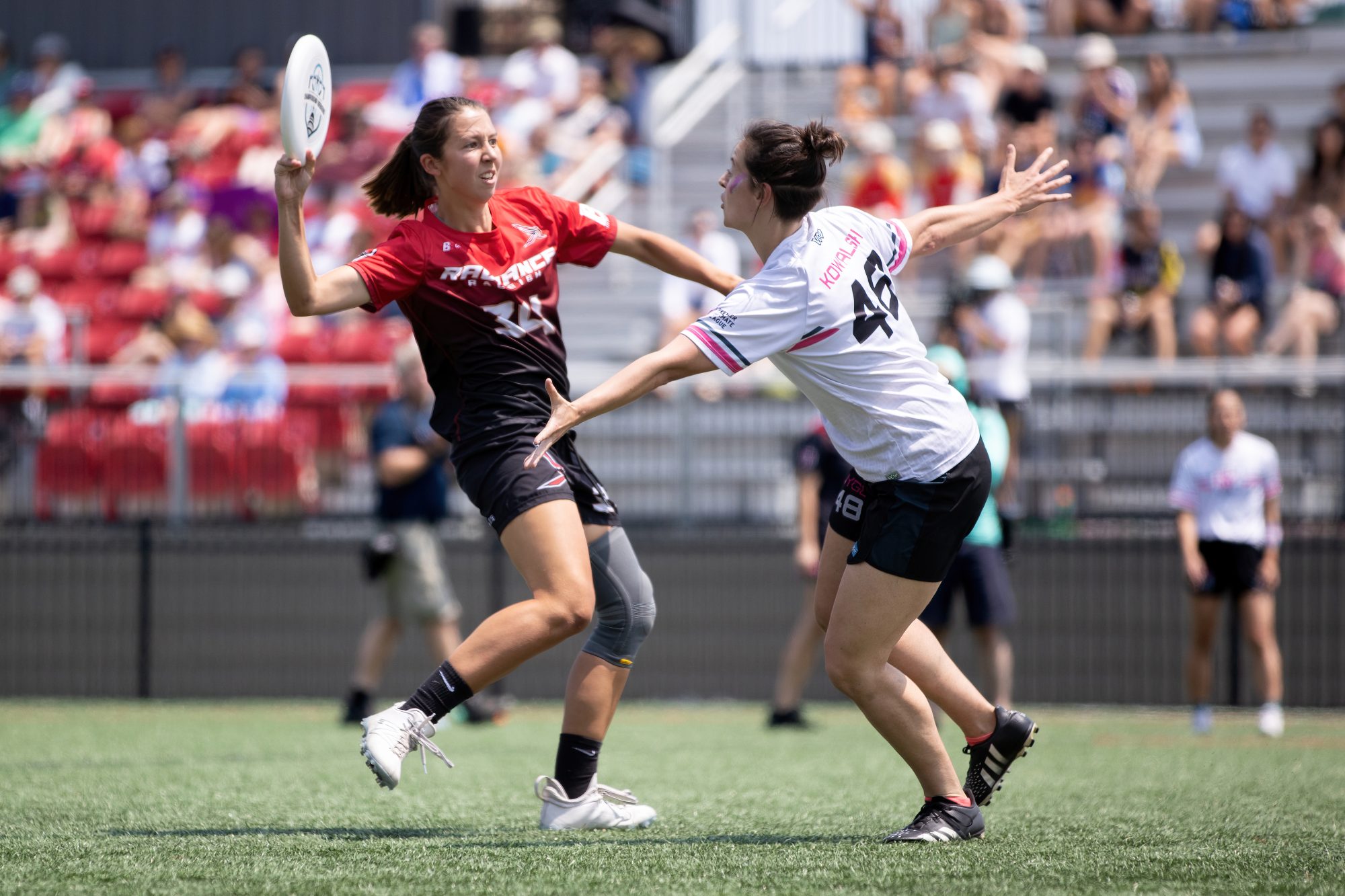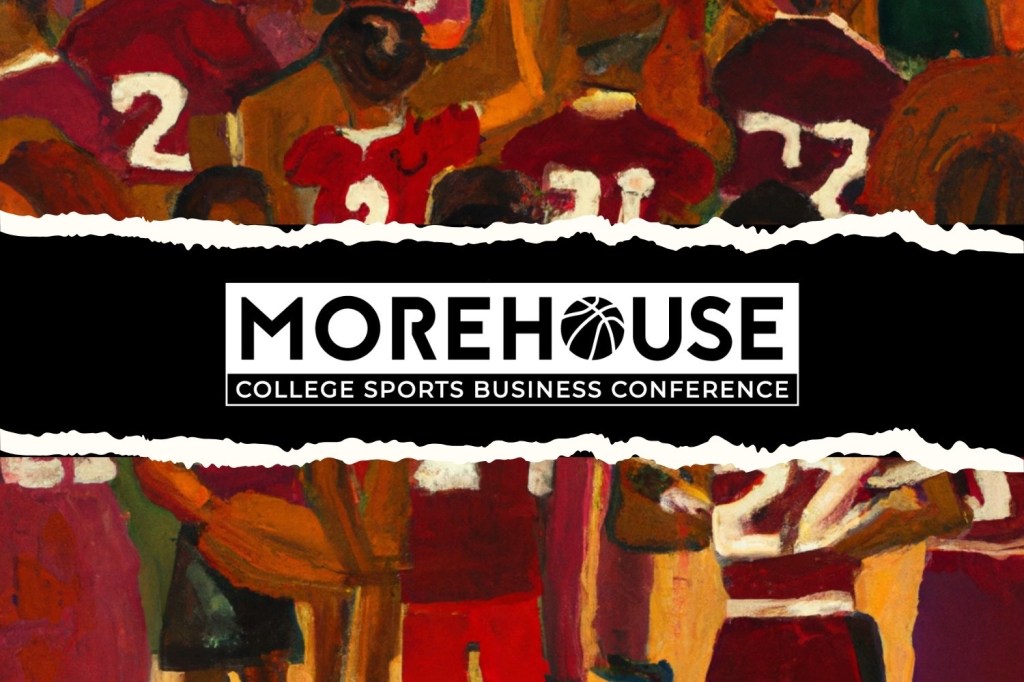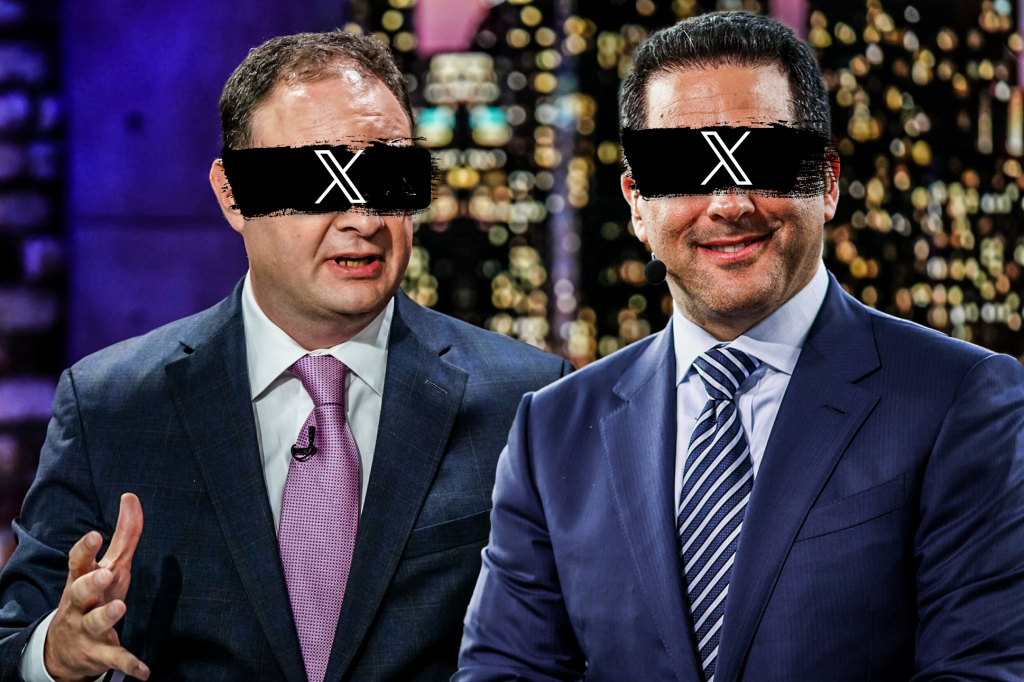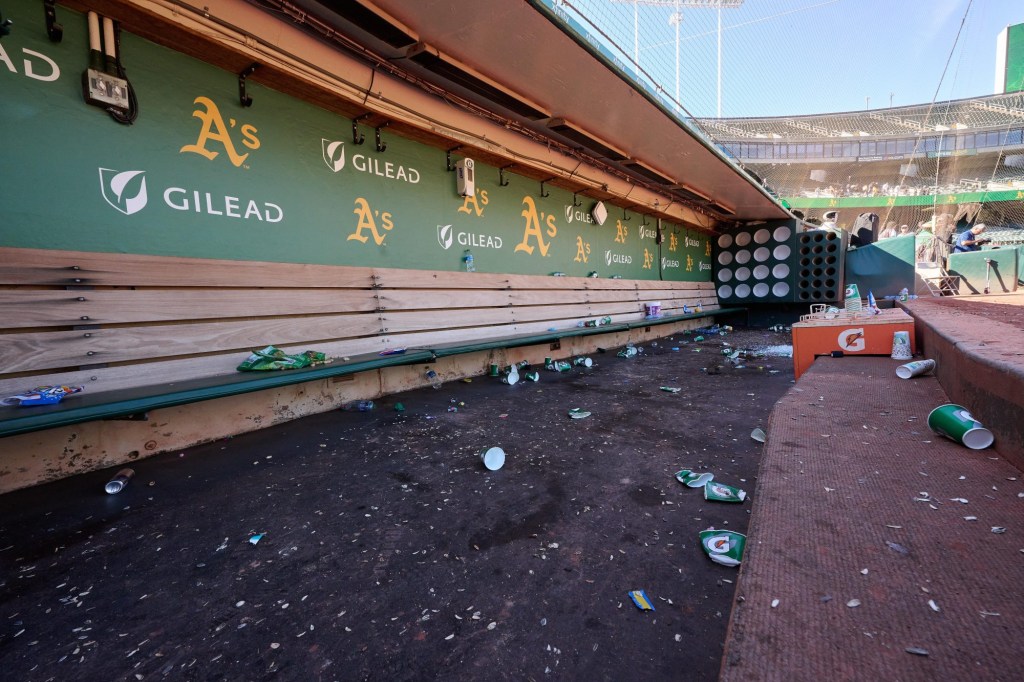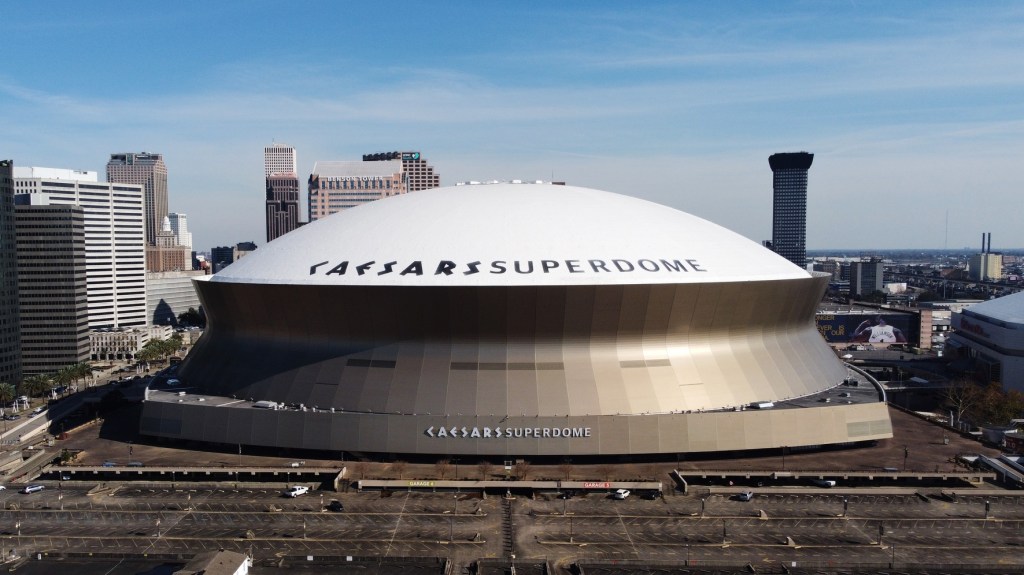After years of court battles, pay-for-play in college sports is here.
Late Friday afternoon, Judge Clifton Corker, in the Eastern District of Tennessee, granted a preliminary injunction barring the NCAA from enforcing any of its regulations around name, image, and likeness deals. The ruling could contribute to the death of NCAA amateurism—which is already on life support.
The biggest consequence: NIL collectives and boosters are no longer prohibited from negotiating deals before athletes commit to a school, ensuring that deals can become part of the recruiting process. In a 13-page ruling, Judge Corker said the NCAA’s prohibition on these negotiations “suppresses price competition by limiting negotiating leverage and, as a result, knowledge of value.”
More Fallout
The ruling will have other consequences as well. Among them: Athletic department officials can now facilitate NIL deals. Media companies can offer players NIL deals as a share to generate broadcast revenue. The NCAA is also barred from enforcing its “rule of restitution,” which allows for retroactive punishment of players if a ruling is overturned. The effects of the ruling will be tested for the first time during the next transfer portal window in April.
The decision will remain in place until the lawsuit, brought by the Tennessee and Virginia attorneys general in January, is settled or goes to trial. The NCAA has not specified whether it will begin an appeals process, but the governing body is looking into policy changes.
It’s Not Cut-and-Dry
The injunction, however, doesn’t provide for a free-for-all. State laws that bar using pay-for-play as NIL deals still exist—though legislators will likely move to strike down those laws so their local schools don’t lose a recruiting advantage. Some legal experts reportedly see the ruling as only applying to athletes in a particular jurisdiction, though others agree the ruling applies nationwide.
The NCAA also claimed that the majority of its members do not agree with the ruling, though it clearly benefits the thousands of players the governing body also theoretically represents.
“Creating a more transparent NIL process for athletes should be a top priority for all, and this decision is a massive step forward in achieving that goal,” an association of NIL collectives said in a statement. Tennessee’s attorney general echoed that sentiment in a statement.
The Next Step
What’s next for the governing body? The NCAA will continue to beg Congress for a law that would supersede all the antitrust litigation facing it—after all, this is just one of several cases that could sink the NCAA’s business model of amateurism. A trial at the National Labor Relations Board resumes today in Los Angeles over athlete employment status. (Another NLRB decision from earlier this month regarding Dartmouth men’s basketball players has already affirmed that some players are university employees.)


